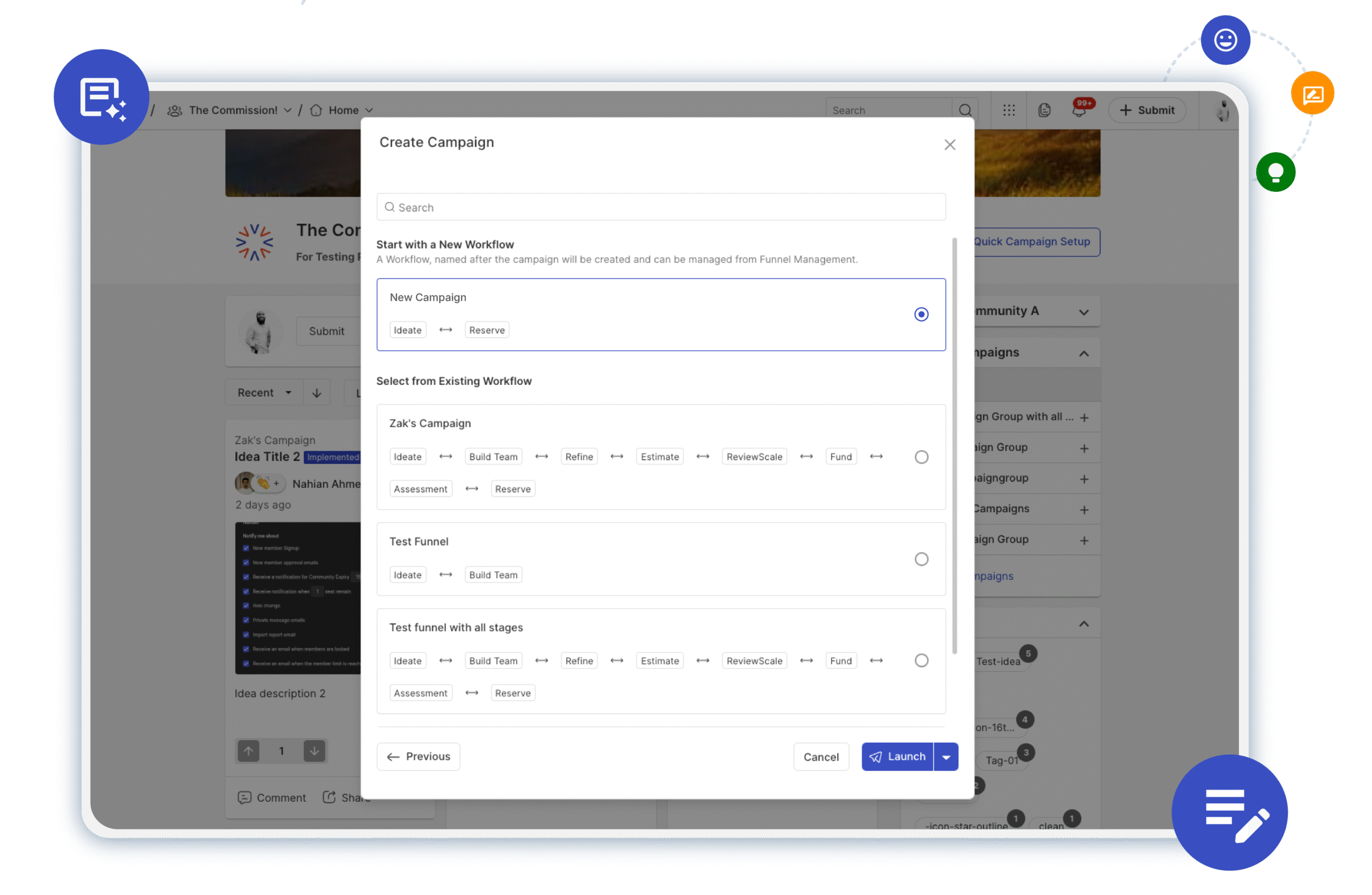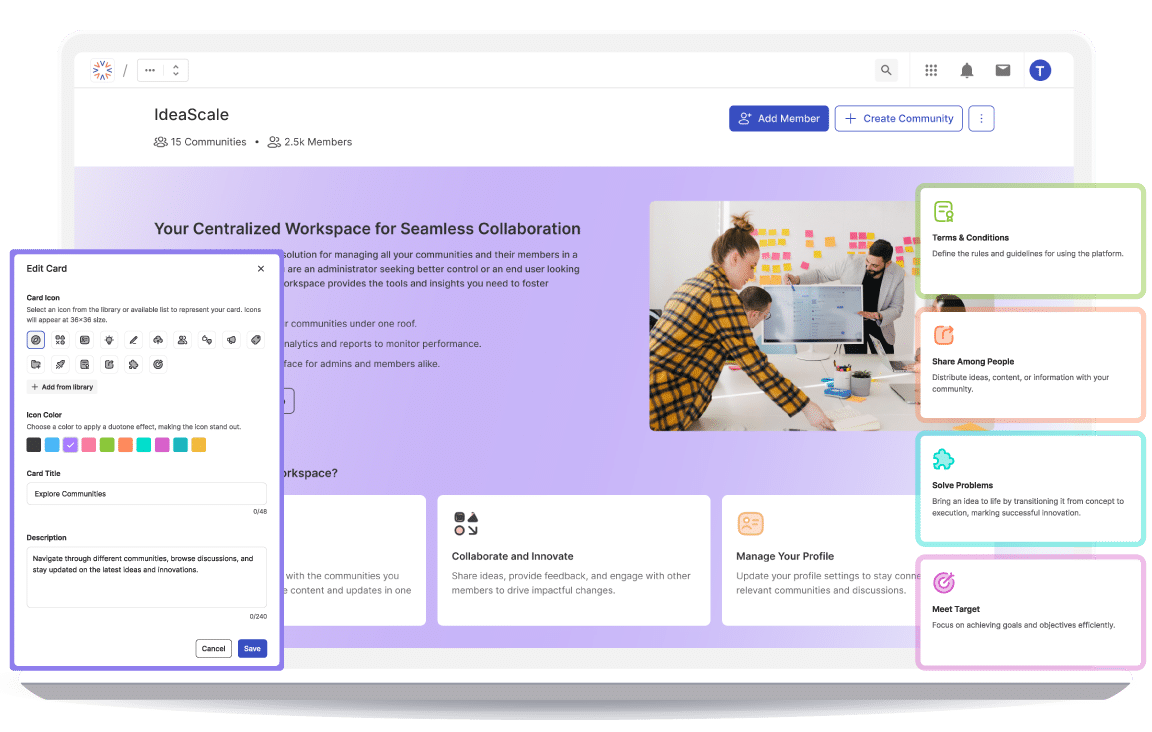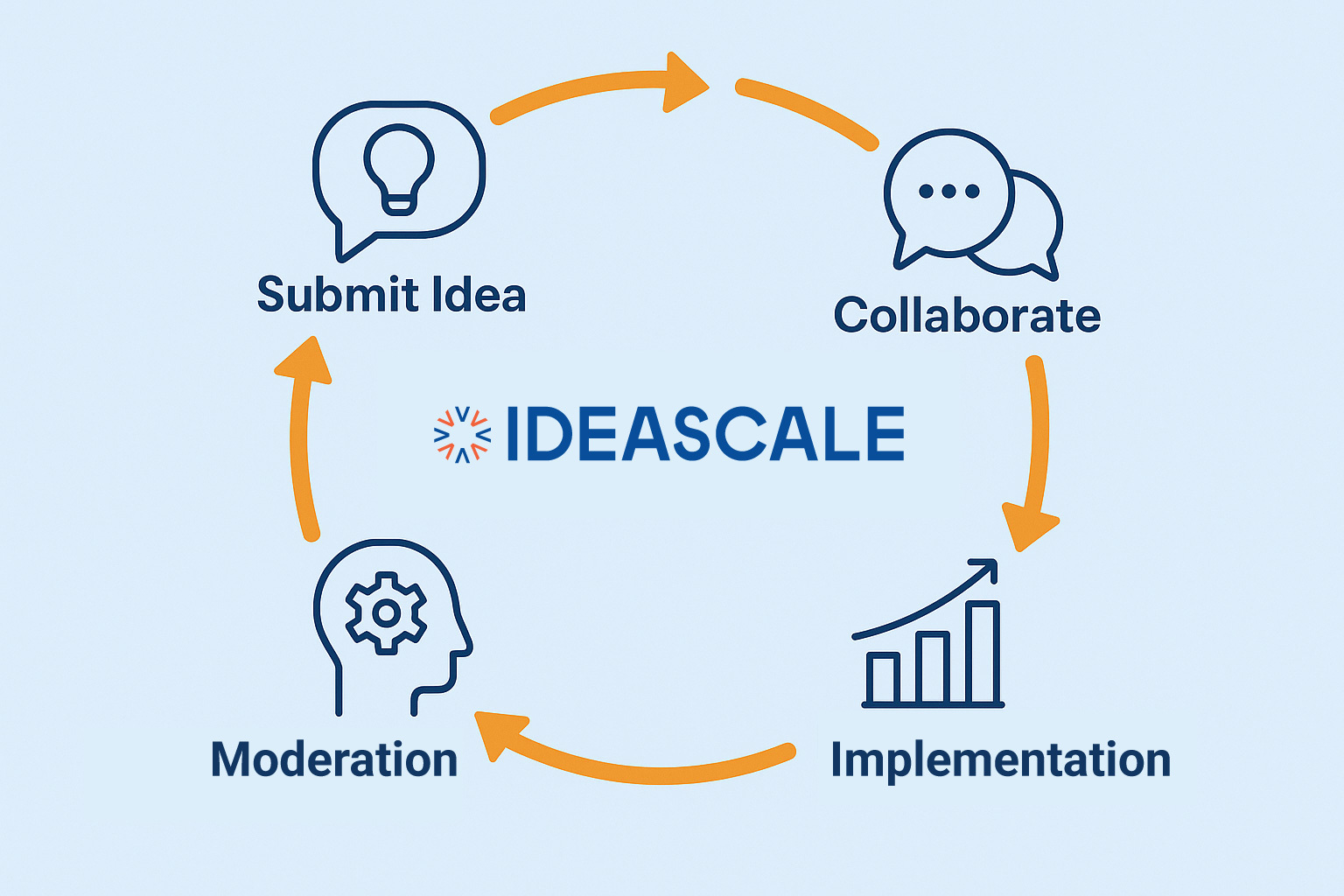Today, more than one-third of workers in the United States are part of the gig economy, and that translates into 57 million people. For some, freelancing is a stopover between permanent jobs, but for 24 percent of workers in the U.S., it is their primary, full-time vocation. Despite missing out on traditional job benefits like paid time off, health insurance, and retirement plans, people participating in the gig economy tend to be happier than traditional employees because of the flexibility and variety their career choice offers.
Companies that use open innovation find freelancers to be a much-needed source of ideas, expertise, and specialized skills. Companies can incorporate project-specific hiring to pursue innovations without over-committing resources, and they can extend their geographic reach with the help of technology. Moreover, they can enjoy the benefit of new perspectives when they hire workers in the gig economy.
Project-Specific Hiring
Worldwide gig economy platforms like Freelancer and Upwork make it easy for employers to find qualified individuals to work on defined projects, often at a lower cost than hiring them through temp agencies. Because so many open innovation projects are not geography-specific, these platforms give companies access to freelancers from all over the world, who bring their own perspectives to the job along with the sum of their experiences. Those “outsider” perspectives can be invaluable to companies committed to innovation.
Extending Geographic Reach
The extended geographical reach associated with the gig economy can work for open innovation projects in two ways. First is the worldwide pool of talent from which companies can draw for many types of innovation campaigns.

Second, companies whose innovation campaigns are geography-specific can hire freelancers from those specific geographical regions, giving companies “boots on the ground” in new places as well as the perspectives of people who live where the innovation project is happening. Either way, the freelancers who are hired contribute both perspective and skill that can break companies out of insular thinking.
A Regular Infusion of New Perspectives
Companies that commit to long-term innovation benefit from the gig economy through a regular infusion of new perspectives. Open innovation platforms like IdeaScale allow companies to tap into ideas that are generated outside company walls. Guided by people within the company, who know the culture and the innovation goals, the new perspectives offered by those in the gig economy can lead to new ideas for products, processes, and even business models.
Open innovation is powerful because it draws on the energy of ideas from a more expansive group of people. Today, putting winning ideas to work and bringing innovations from concept to production can happen more efficiently due to the relative ease of hiring gig workers. Companies can find and contract with the experts they need at a reasonable cost and benefit not only from freelancers’ skills but also from their outsider point of view.
Making it all work requires an innovation platform with logic, transparency, and flexibility, and IdeaScale delivers all that and more. With IdeaScale, you can collect a broad range of ideas open innovation generates, and develop clear processes for evaluating, ranking, and prioritizing them. Additionally, you can connect the right idea with the right decision-maker to maximize the probability of gaining the funding and support necessary to make it a reality. If open innovation projects are in your future, IdeaScale encourages you to contact us today.
Most Recent Posts
Explore the latest innovation insights and trends with our recent blog posts.













